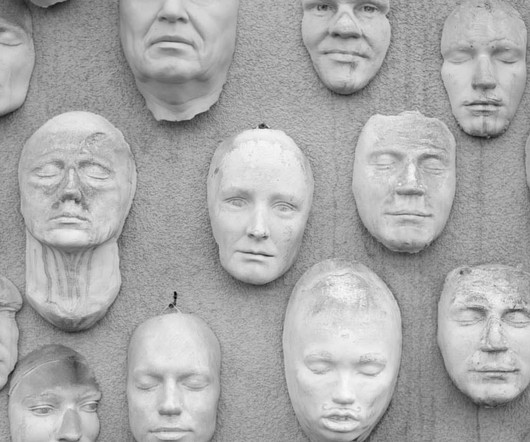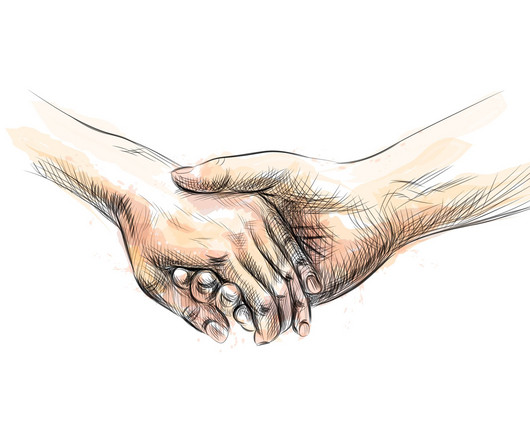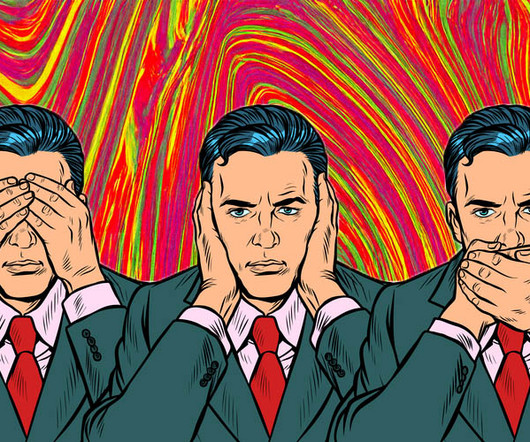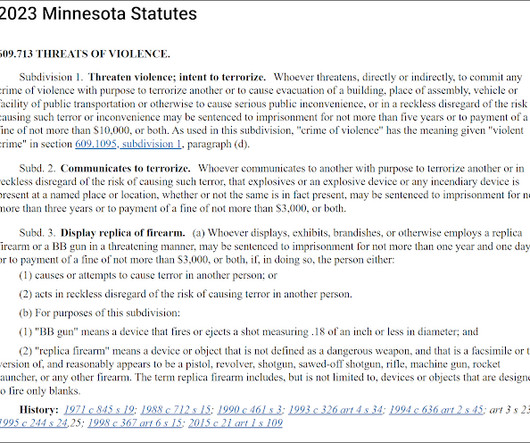Intergenerational Gaps and the Role of Technology in Psychiatric Leadership: A Trainee’s Perspective
Psychiatric Times
JUNE 23, 2025
As the newest cohort in psychiatric training, they are digital natives, accustomed to rapid information retrieval, online simulations, and mental health apps. By definition, technology refers to the application of scientific knowledge to practical purposes, particularly in industry.





















Let's personalize your content